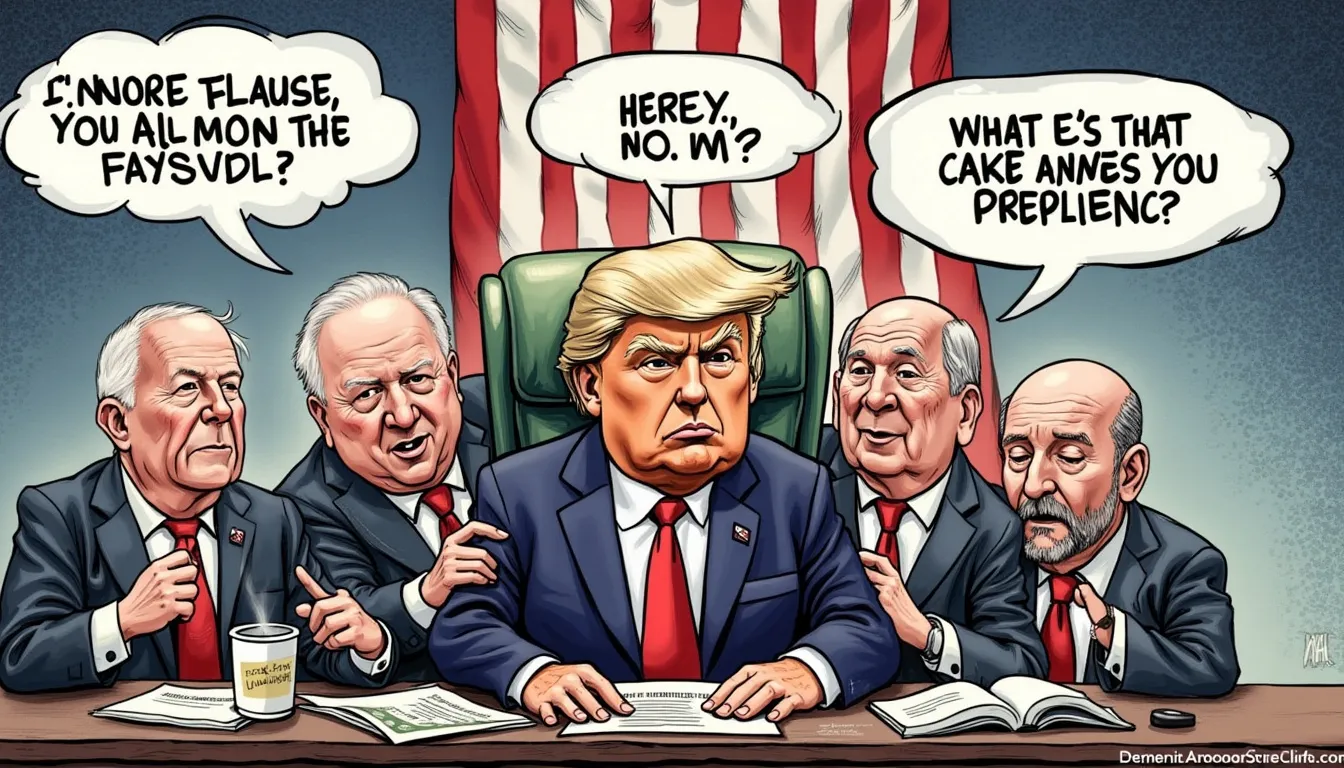
Tax-Exempt Overtime – The Brilliance of Trump’s Anti-Tax Policy
In a bold move that has sparked considerable debate, former President Donald Trump has proposed eliminating income taxes on overtime pay for American workers. This proposition, announced at a recent rally in Tucson, Arizona, seeks to provide financial relief to those who often exceed the traditional 40-hour workweek.
Proposal Overview
The proposal aims to classify overtime work as tax-exempt, allowing workers to keep more of their hard-earned wages. This initiative, part of Trump’s broader anti-tax platform, positions the policy as a boon for employees who frequently log extra hours to meet job demands.
Economic Impact
The implications of this proposed tax exemption are substantial. The Tax Foundation estimates the plan could cost the federal government approximately $227 billion over a decade. Critics, including some economists and political figures, argue that such a significant tax cut could exacerbate the national deficit and may not be sustainable without finding alternative revenue streams. They warn that the financial burden could fall on future taxpayers if not properly managed.
Political Reactions
Political response to Trump’s proposal has been swift and polarized. Senator Ron Wyden, Chair of the Senate Finance Committee, has labeled the initiative as a phony tactic, suggesting it reflects desperation rather than a viable economic strategy. Similarly, the Harris campaign has dismissed the proposal, emphasizing Trump’s previous actions that allegedly undermined overtime protections and benefits for workers across the nation.
Potential Effects on Labor Market
Concerns arise over how this policy could unintentionally disrupt the labor market. Analysts have pointed out that employers might be inclined to reclassify workers from salaried to hourly, thus taking advantage of the tax exemption. This modification could create a scenario where higher-paid individuals benefit disproportionately while potentially compromising working conditions for others, especially those who rely on consistent salary income.
Broader Tax Proposals
Trump’s proposal is part of a larger tax reform strategy that includes eliminating taxes on tips and Social Security benefits for seniors, among other reductions. This suite of proposals is designed to position Trump as a champion of the working class, aiming to lessen tax burdens on various demographics.
Critique and Skepticism
Despite the appeal of tax relief, many economists and analysts have voiced skepticism regarding the feasibility of Trump’s overtime tax exemption. Questions linger about how effectively the proposal could achieve its intended welfare improvements and how it would be practically implemented in the complex U.S. tax system. Critics are wary of the unintended consequences that may arise from such sweeping changes.
Conclusion
Trump’s proposal to eliminate taxes on overtime pay illustrates a larger narrative in his anti-tax platform, stirring both support and skepticism. As the political landscape shifts, the long-term effects of this and related policies will certainly warrant close scrutiny in the months leading up to the election. Whether this proposal will capture the hearts of the electorate or draw further ire from financial and political leaders remains to be seen.
